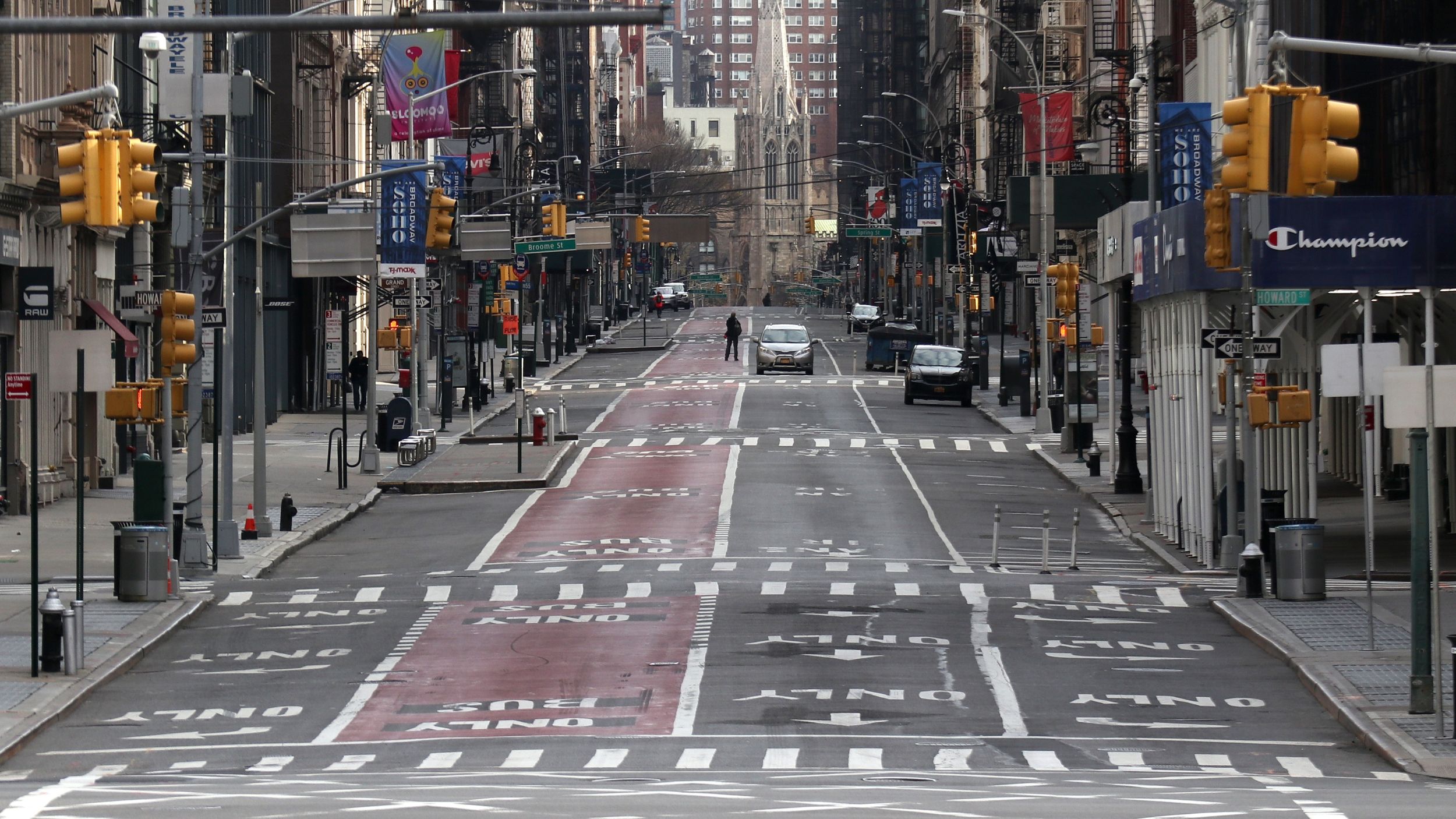Grocery Shopping While Hungry Not Good Idea, Science Confirms

Get the world’s most fascinating discoveries delivered straight to your inbox.
You are now subscribed
Your newsletter sign-up was successful
Want to add more newsletters?

Delivered Daily
Daily Newsletter
Sign up for the latest discoveries, groundbreaking research and fascinating breakthroughs that impact you and the wider world direct to your inbox.

Once a week
Life's Little Mysteries
Feed your curiosity with an exclusive mystery every week, solved with science and delivered direct to your inbox before it's seen anywhere else.

Once a week
How It Works
Sign up to our free science & technology newsletter for your weekly fix of fascinating articles, quick quizzes, amazing images, and more

Delivered daily
Space.com Newsletter
Breaking space news, the latest updates on rocket launches, skywatching events and more!

Once a month
Watch This Space
Sign up to our monthly entertainment newsletter to keep up with all our coverage of the latest sci-fi and space movies, tv shows, games and books.

Once a week
Night Sky This Week
Discover this week's must-see night sky events, moon phases, and stunning astrophotos. Sign up for our skywatching newsletter and explore the universe with us!
Join the club
Get full access to premium articles, exclusive features and a growing list of member rewards.
Editor’s note: On Sept. 19, 2018, JAMA announced the retraction of the study that the below story is based on. Cornell University, where Wansink conducted the research, notified JAMA that, based on an internal investigation, they could not assure the validity of the studies. On Sept. 20, 2018, Wansink resigned from Cornell, after an internal investigation found that he had "committed academic misconduct in his research and scholarship, including misreporting of research data, problematic statistical techniques, failure to properly document and preserve research results, and inappropriate authorship," according to a statement from Cornell University Provost Michael Kotlikoff.
If you've ever gone grocery shopping while you're hungry, you know the task can be a challenge: Everything looks good.
Now new research confirms that grocery shopping when your stomach is rumbling is probably not a good idea.
To hungry shoppers, high-calorie foods may be more tempting than usual, the researchers said.
In the study, researchers asked 68 people to come to their lab and to avoid eating for five hours before they came. Upon arrival, half of the participants were told they could eat as many wheat crackers as they wanted, while the other half were not given any food.
Both groups of participants were then asked to grocery shop in an online store that offered high-calorie foods, such as candy, salty snacks and red meat, as well as low-calorie foods, such as fruits, vegetable and chicken breasts.
Participants who were hungry purchased more high-calorie products, the researchers found. On average, hungry people purchased 5.7 high-calorie products, while the group that ate before shopping bought 3.9 high-calorie products.
Get the world’s most fascinating discoveries delivered straight to your inbox.
In a second experiment, the researchers, led by Brian Wansink, director of the Food and Brand Lab at Cornell University, analyzed purchases of 82 people in a real-world grocery store. They compared the purchases of those who went shopping between 1 p.m. and 4 p.m. (an "after lunch" period when people are less likely to be hungry) to those who went shopping between 4 and 7 p.m. (when people are more likely to be hungry).
Those who shopped between 4 p.m. and 7 p.m. bought fewer low-calorie products compared with those who shopped between 1 p.m. and 4 p.m. (buying eight products versus 11 products).
"Even short-term food deprivation can lead to a shift in choices such that people choose less low-calorie, and relatively more high-calorie, food options," the researchers wrote in the May 6 issue of the Journal for the American Medical Association.
The findings suggest "people should be more careful about their choices when food-deprived and possibly avoid choice situations when hungry by making choices while in less hungry states," the researchers said.
Pass it on: Grocery shopping while hungry may lead to unhealthy food choices.
This story was provided by MyHealthNewsDaily, a sister site to LiveScience. Follow Rachael Rettner @RachaelRettner. Follow MyHealthNewsDaily @MyHealth_MHND, Facebook & Google+. Originally published on MyHealthNewsDaily .

Rachael is a Live Science contributor, and was a former channel editor and senior writer for Live Science between 2010 and 2022. She has a master's degree in journalism from New York University's Science, Health and Environmental Reporting Program. She also holds a B.S. in molecular biology and an M.S. in biology from the University of California, San Diego. Her work has appeared in Scienceline, The Washington Post and Scientific American.
 Live Science Plus
Live Science Plus










